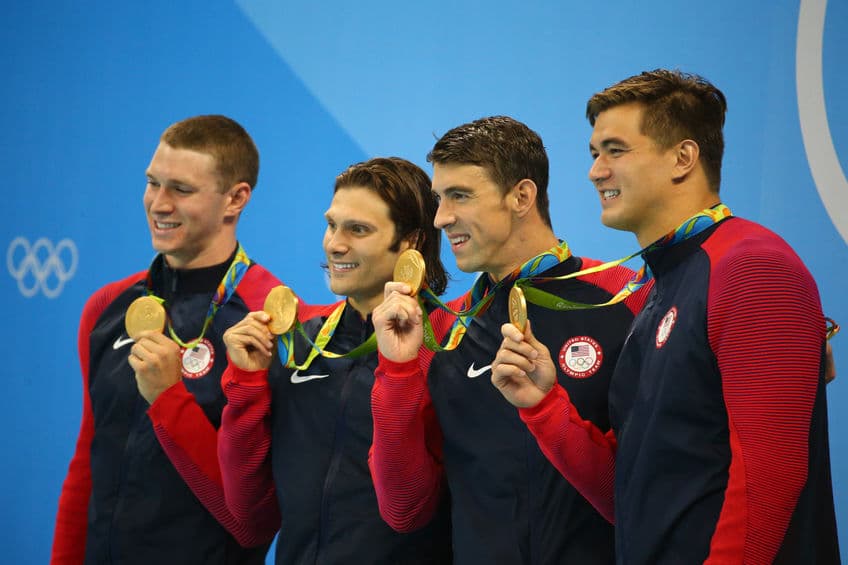
Thanks to the quadrennial Asian Games, working professionals all over the world are paying attention to the world outside their cubicles. There’s a lot of excitement in India as many sportspersons are bringing home medals in different disciplines.
If you look at India’s performance at the Asian Games, we have historically been most successful in athletics. Our success in other disciplines has been only a fraction of what we have achieved there.
Schedule a call with a Pragati Leadership expert to discuss how we can support your strategic objectives.
Schedule your CallWhy is this the case? One reason could be that other disciplines require access to sporting facilities. For instance, at the 2010 Asian Games, India had their best-ever haul of 65 medals. A fifth of these were in athletics, more specifically in running events where facilities are less necessary. In events like the high-jump or pole vault where facilities are mandatory, we didn’t win anything.
The other events in which we have won (far fewer) medals are wrestling, boxing, shooting, tennis, rowing and badminton. It’s clear to you that each of these sports requires a facility and skilled coaches.
Take badminton for instance. The frequency with which Indians have won medals in this sport has increased recently. Two women have already won medals for us at back to back Asian Games. Both women are from the Pullela Gopichand Badminton Academy, where they had access to not just facilities but also highly skilled international coaches. (The academy requires significant investment to hire foreign coaches and could do better if it had access to more funds.
This year too, our medal winners like Neeraj Chopra, Dutee Chand and Muhammad Anas had access to good coaches during their long pursuit of glory.
In sport, we celebrate the winner, often oblivious to the systems that enabled the individual to become a winner. In the corporate world too, we perpetuate the myth of the superstar, never realizing that it is facilities, systems and coaching that actually turns individuals into winners.
If you want more winners, in sport or in your organisation, pay close attention to whether you have systems and coaches that are enabling your players to excel.
In organisations, it is usually the manager that has to play the role of a coach. If you manage people, developing them into stars is your responsibility. If you want to develop skills in executive coaching and enabling people, request your manager to get you trained on the subject. At other times, you might want to engage an Executive Coach to help you increase your impact. Look for a coach who has a track record of helping people discover a new level in their performance.

Share on Social Channels
Our Categories
Categories
- Behaviorial (6)
- Blog (240)
- Coaching (8)
- Corporate Trainers (6)
- Developing Collaboration (12)
- Emotional Intelligence Training (11)
- Executive Leadership Program (26)
- First Time Manager Training (10)
- Inspirational Leadership (17)
- Inspiring and Successful Leadership Awards (16)
- Leadership Awards (37)
- Leadership Development (118)
- Leading Virtual Teams (6)
- Management Development (29)
- Marketing (2)
- Negotiation Skills Training (5)
- Organizational Transformation (24)
- Others (24)
- Stakeholder Management (3)
- Strategic Leadership Development Program (3)
- VUCA Leadership (2)
- Wholesome Leadership (23)
- Women Leadership (15)
Recent Insights
Aspiring to be seen as an effective leader? Learn about developing your executive presence (EP);...
Leaders can no longer rely on outdated command-and-control approaches. Looking ahead, we envision a future...
Having a strong leadership pipeline is more important in today’s dynamic environment than ever before....
Congratulations! You have been promoted to a managerial position. This promotion is most likely the...
Leaders in today’s dynamic and fast-paced world need more than technical skills, strategic thinking, and...
